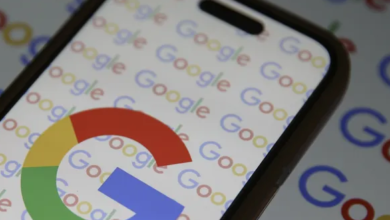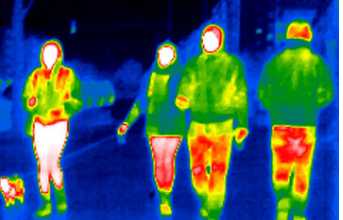“New York Times Takes Legal Action Against Wordle Clones on GitHub, Asserting Intellectual Property Rights”

The New York Times has initiated legal action against Wordle clones and derivatives by submitting multiple DMCA (Digital Millennium Copyright Act) takedown notices on GitHub, targeting developers responsible for unauthorized versions of the game.
Wordle Clones
The newspaper, having acquired the popular web-based word game in 2022, is asserting ownership over the Wordle name and its distinctive gameplay features. These include the 5×6 grid layout and the utilization of green, yellow, and grey tiles to indicate guess accuracy.
A recent DMCA notice targeted Chase Wackerfuss, the developer of the open-source Wordle Clones “Reactle.” This notice has the potential to affect numerous Wordle Clones-inspired games, as Reactle’s code, predating The New York Times’ acquisition of Wordle, has been forked approximately 1,900 times on GitHub. Various spinoffs, featuring diverse themes and visual styles, created in multiple programming languages, have emerged from this code.
The Times, in its takedown request, alleges that the use of the Wordle Clones name in these spinoffs is in “bad faith” and contends that the gameplay is directly copied from the original. Following this, Wackerfuss removed Reactle from GitHub, expressing a desire not to engage in a legal dispute with the newspaper.
Before the Reactle case, The New York Times issued DMCA notices in January against unofficial Korean and Bosnian-language versions of the game and against “Wirdle,” a variant developed by the dialect group I Hear Dee to promote the Shaetlan language.
In a statement to 404 Media, The New York Times clarified that it has no objection to individuals creating similar word games that do not infringe upon the Wordle trademarks or copyrighted gameplay. The newspaper maintains that it is simply safeguarding its intellectual property rights against the unauthorized use of its trademark and copyrighted elements.
“The Times has no issue with individuals creating similar word games that do not infringe The Times’s ‘Wordle’ trademarks or copyrighted gameplay. The Times took action against a GitHub user and others who shared his code to defend its intellectual property rights in Wordle,” the statement reads. “The user created a ‘Wordle clone’ project that instructed others how to create a knock-off version of The Times’s Wordle game featuring many of the same copyrighted elements. As a result, hundreds of websites began popping up with knock-off ‘Wordle’ games that used The Times’s ‘Wordle’ trademark and copyrighted gameplay without authorization or permission.”
Ironically, Wordle has faced criticism for its similarity to “Lingo,” a 1980s game show where players guess five-letter words on a color-changing grid.




